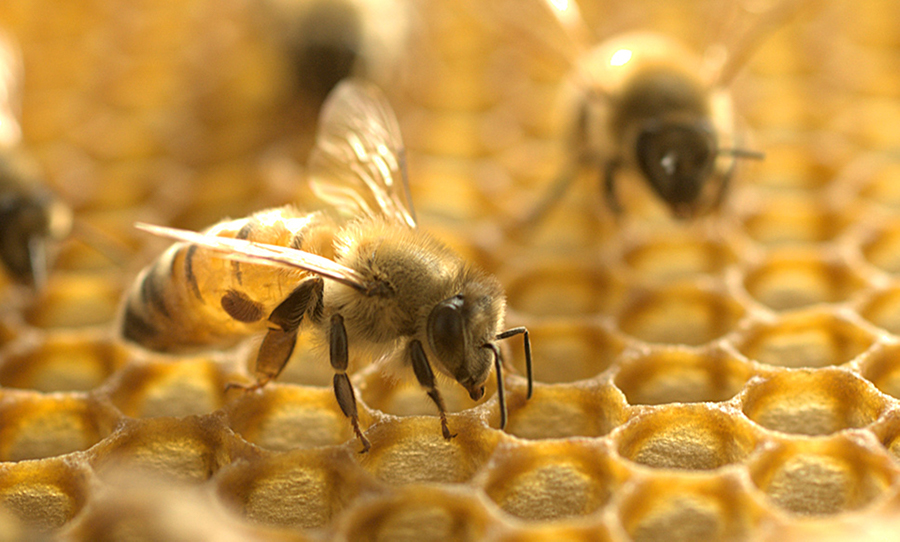New research published in the Natural Precision Oncology journal could be a gamechanger for oncological medicine and breast cancer treatment.
A groundbreaking new Australian study has found that honeybee venom can kill aggressive breast cancer cells. A notoriously hard-to-treat condition, this discovery could dramatically change the face of oncological medicine and treatments.
Dr Ciara Duffy is to thank for this breakthrough find, having completed the study as part of her PhD. Conducted at Perth’s Harry Perkins Institute of Medical Research, Dr Duffy hopes that her findings could aid the development of a triple-negative breast cancer treatment.

To get down to the nitty-gritty of it, there were a few key factors that went into these results. Researchers found that the melittin compound in honeybee venom was particularly effective at breaking down cancerous cells. Tested on mice, it was found that the melittin took effect as fast as 20 minutes after the procedure, breaking down the cancer cells and allowing for chemotherapy drugs to take full effect.
“What melittin does is it actually enters the surface, or the plasma membrane, and forms holes or pores and it just causes the cell to die,” Dr Duffy told the ABC about the compound’s effect when combined with chemotherapy drugs. “We found it was interfering with the main messaging or cancer-signalling pathways that are fundamental for the growth and replication of cancer cells.”
What can’t bees do?😍🐝🐝🐝
— Kerrie Ross (@kerrieross9) September 2, 2020
This was found to be particularly effective when tested on triple-negative and HER2 cells, killing 100% of the cells within a 60-minute time frame. This is pretty huge considering there are no clinically effective target therapies for this particular type of cancer, despite it making up 10 to 15% of all cases.
While the study details the exact procedure researchers used to extract the Perth honeybees’ venom, there is no mention as to whether each bee is able to survive the operation. “The bees were put to sleep with carbon dioxide and kept on ice before the venom barb was pulled out from the abdomen of the bee and the venom extracted by careful dissection,” Dr Duffy tells the ABC.
The only bee species known to die after stinging, honeybee populations have declined dramatically through the years due to a phenomenon known as colony collapse disorder. Although global colonies are kept under strict supervision as a result, population numbers are far from recovered.
You can read the full study here.
Yet another reason to #SaveTheBees! 🐝 @PerkinsComms study finds honeybee venom rapidly kills aggressive breast cancer cells https://t.co/3c5oFn3Shn
— Andrew Hill (@andrew_sf) September 2, 2020



